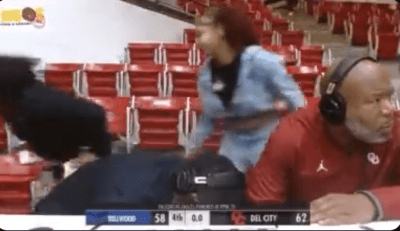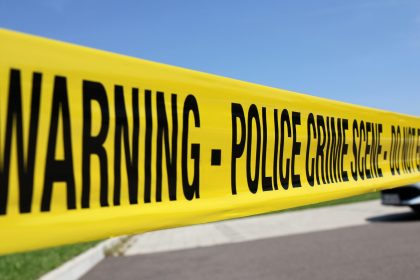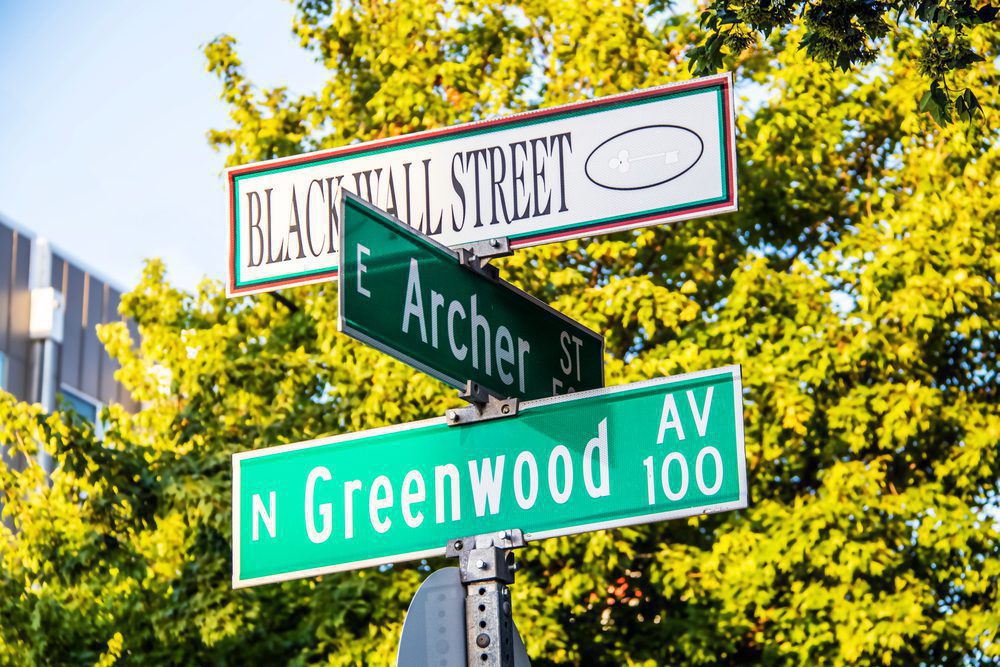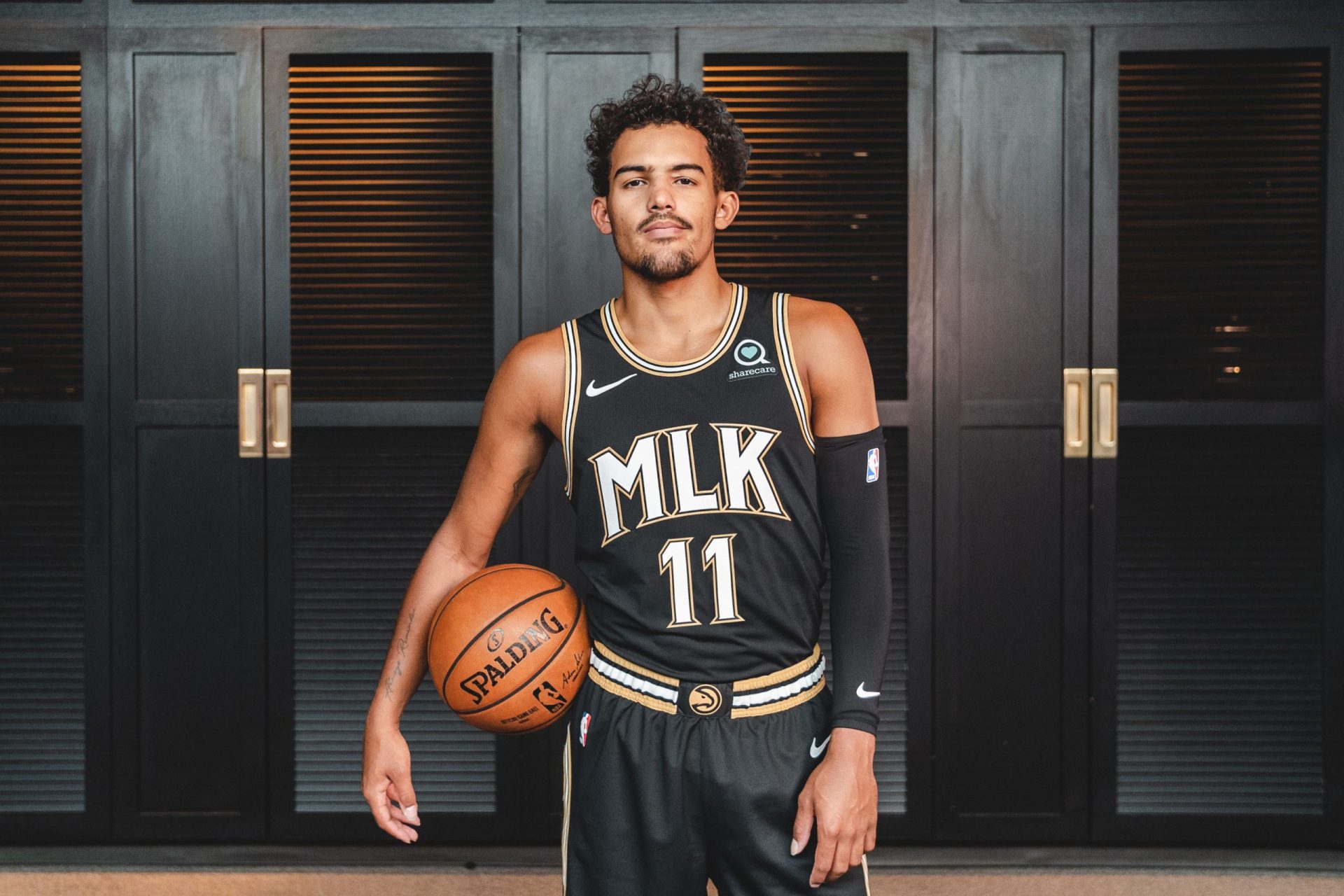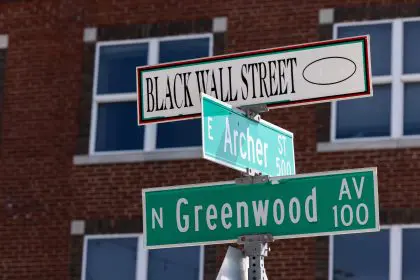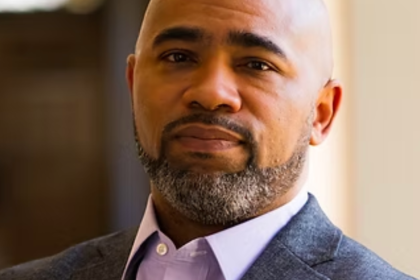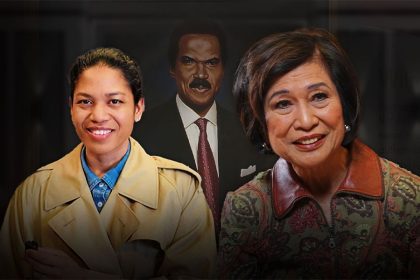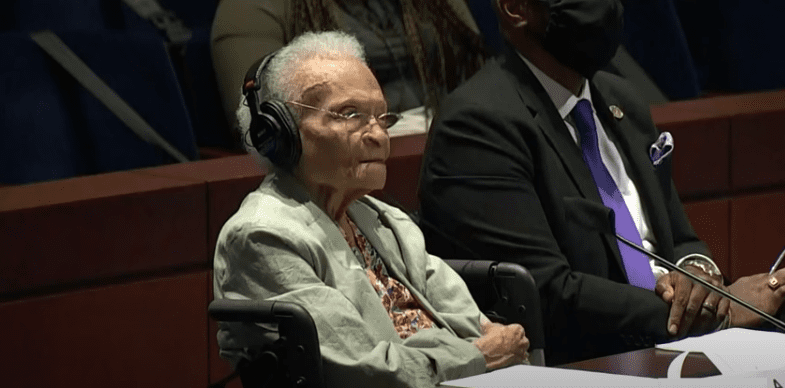
The oldest living survivor of the infamous Tulsa Race Massacre on “Black Wall Street” told Congress that she still sees dead bodies lying in the streets and can still smell the smoke from burning buildings exactly 100 years after it happened.
In fact, Viola Fletcher, who is now 107, said those horrifying hours have echoed in her soul every day of her very long life. She demands recompense for her pain and loss.
Fletcher was just 7 years old on May 31, 1921, when a savage White mob stampeded over to Tulsa’s Greenwood district, also known as “Black Wall Street,” and murdered hundreds of innocent African Americans and pillaged the wealth of the entire neighborhood.
“I will never forget the violence of the White mob when we left our home. I still see Black men being shot, Black bodies lying in the street. I still smell smoke and see fire. I still see Black businesses being burned. I still hear airplanes flying overhead. I hear the screams,” Fletcher told members of Congress, according to CBS News. “I have lived through the massacre every day.”
Fletcher, 107, her younger brother, Hughes Van Ellis and Lessie Benningfield Randle, are the final three survivors who testified before The House Judiciary subcommittee on the Constitution, Civil Rights, and Civil Liberties on Wednesday, May 20, 2021.
The three have filed a lawsuit against the city and county of Tulsa seeking reparations and some vestige of justice that’s been denied them for an entire century.
“I have survived 100 years of painful memories and losses,” Benningfield Randle testified, according to CBS. “I have survived to tell this story. I believe that I am still here to share it with you. Hopefully, now you all will listen to us while we are still here.”
A commission had already decided that reparations should be paid out. However, opponents of the measure said reparations are inappropriate since both the White assailants and Black victims are no longer alive. This is very interesting wording since many of the Black victims were murdered, current activists point out.
In fact, the Tulsa Race Massacre has pretty much been erased from the history books of America and, therefore, from the national consciousness.
“Sadly, many Americans today are not even aware that this massacre took place, and I hope that this hearing can serve to educate the public about what happened,” subcommittee chair, Rep. Steve Cohen, said.
Flip the page to view Fletcher’s heartwrenching recollection of that harrowing day 100 years ago this month.


